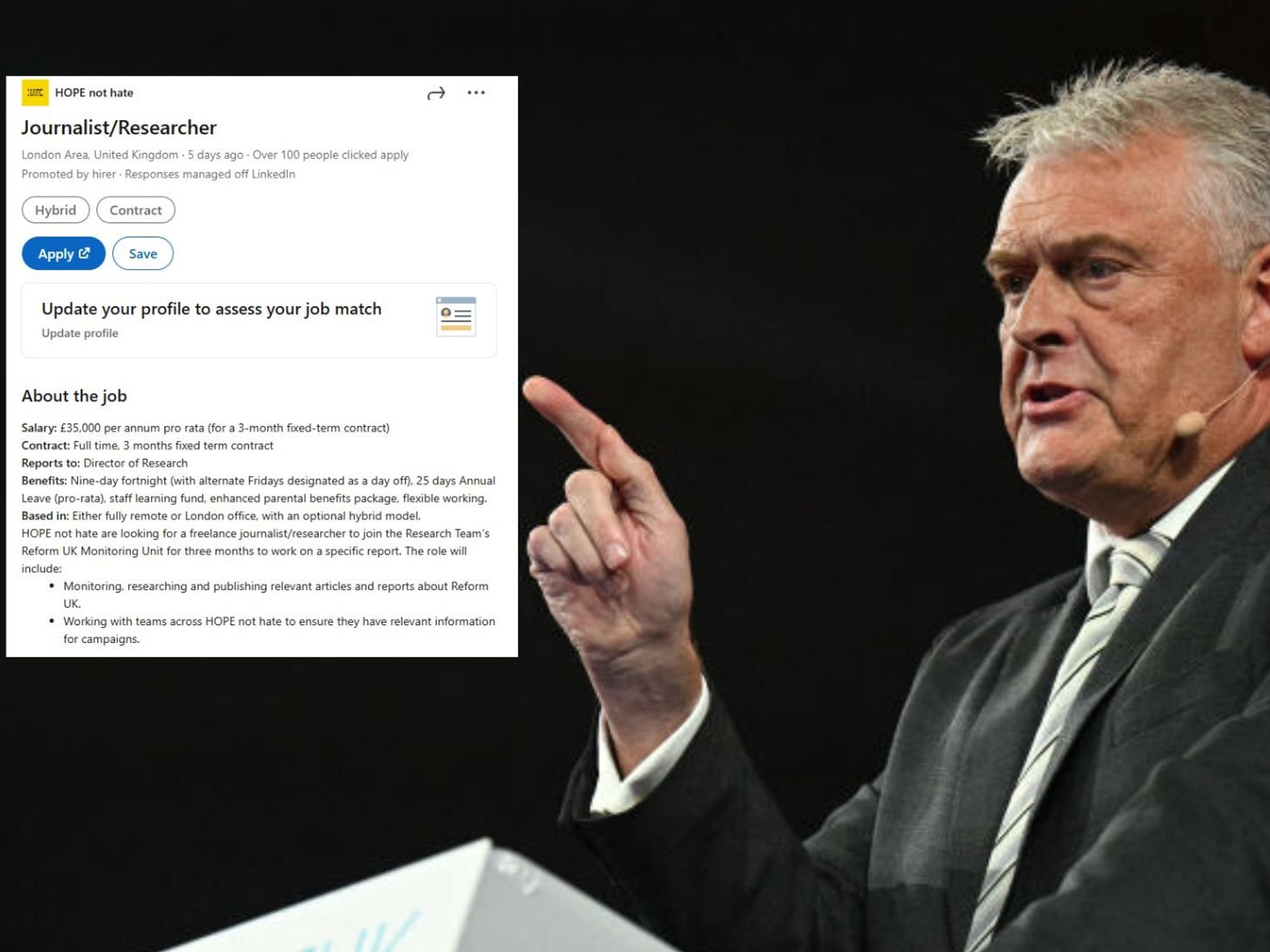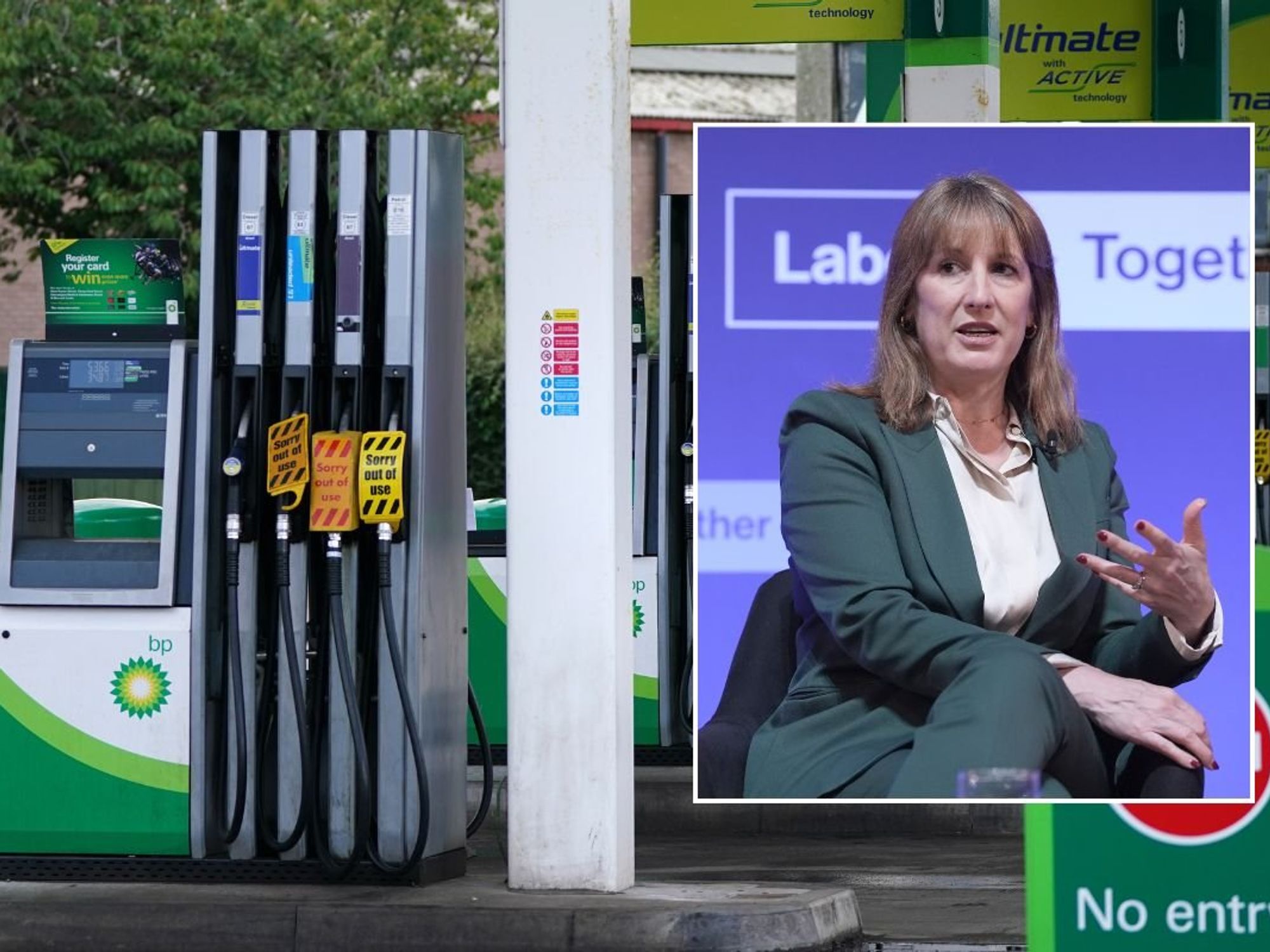Our leaders need to be honest about what the small boats emergency means for women in Britain - Rakib Ehsan
OPINION: The UK’s lax border security is putting British women at greater risk
Don't Miss
Most Read
Trending on GB News
With GB News’s home and security editor Mark White reporting yesterday that in the region of 1,200 small-boat migrants arrived on England's south coast, the ongoing situation at the English Channel is very much a national security emergency for the UK.
Now confirmed on the UK Government website, a total of 1,194 migrants crossed the English Channel in small boats, arriving in the UK yesterday, without permission, across eighteen boats. It is an amount of people which comfortably dwarfs the population of thousands of villages, as well as many market towns across Britain.
The small-boats emergency is a threat to national security in the UK. The illegal migrants entering Britain on small boats are predominantly able-bodied males originating from parts of the world with vastly different cultural, social, and legal norms – with the UK authorities often having little to no knowledge of their criminal history and organisational affiliations.
Indeed, many small-boat migrants originate from unstable countries such as Syria and Afghanistan, both of which incorporate hotbeds of Islamist-extremist activity.
There is also the matter of importing many undocumented young men from parts of the world where prevailing attitudes towards women and girls are a world away from mainstream views in the UK. Indeed, foreign nationals are disproportionately represented among sex offenders – with Afghans being one of the highest-ranked nationalities when it comes to convictions connected to sexual offences.
The UK’s lax border security is putting British women at greater risk.
 Our leaders need to be honest about what the small boats emergency means for women in Britain - Rakib Ehsan |
Our leaders need to be honest about what the small boats emergency means for women in Britain - Rakib Ehsan | Getty Images
The UK’s problems with illegal Channel crossings are also a social justice matter. All too often, the UK’s overburdened and dysfunctional asylum system disperses migrants to some of the most deprived parts of the country.
While this has been justified on the grounds that housing costs are lower in such areas (therefore ‘saving’ the British taxpayer money), it means that Channel migrants are disproportionately rehomed in parts of Britain where the competition for public resources is already more intense.
There has also been the grave unfairness of providing illegal migrants with all-inclusive hotel accommodation in working-class communities, which are really feeling the pinch of the ongoing cost-of-living crisis.
Indeed, a report published by Policy Exchange in 2023 found that the UK Government’s year-long spending on housing migrants in hotels was three to four times higher than its 2022-23 investment to tackle homelessness.
The latest wave of illegal migrants arriving in the UK has exposed the ineffectiveness of the Labour government’s failing ‘smash the gangs’ strategy.
Of course, it is vital that the likes of the National Crime Agency (NCA) are given the power and resources to dismantle people-smuggling enterprises which have taken root in the UK. But we are referring to complex international organised networks – ‘smashing’ them is anything but easy, and this alone will not drive down the number of migrants arriving on the English south coast on small boats.
It has come to the stage that the UK needs to re-evaluate its relationship with the European Convention on Human Rights (ECHR) and the 1951 Refugee Convention, which came into force in 1953 and 1954, respectively.
Many will argue that the UK will not have genuine post-Brexit national sovereignty over its modern-day immigration and asylum policy unless it extricates itself from such old-age supranational conventions and international treaties. However, this could lead to further issues.
One is that the UK risks violating the Good Friday Agreement if it were to leave the ECHR. Northern Ireland should not be treated as an afterthought in this context, as was the case with Brexit.
What can be said with certainty is that the Labour government looks all at sea when it comes to dealing with the small-boats emergency in the English Channel. It is high time that it considers more radical approaches to the problem at hand.
More From GB News











